
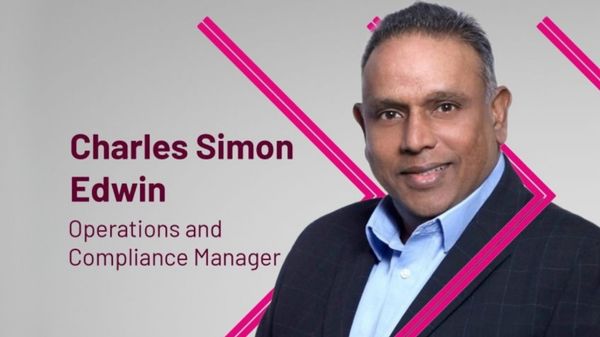
|
Dan-Bunkering appoints Charles Simon Edwin as operations and compliance manager in Singapore
Edwin transitions from sourcing role, bringing experience from physical supply operations and bunker trading. |
|
|
|
||
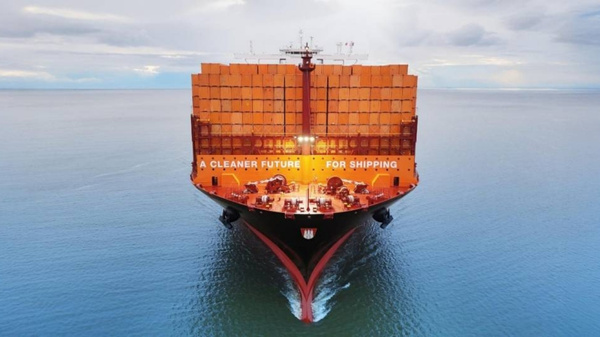
|
Hapag-Lloyd wins ZEMBA's second tender for e-methanol deployment
Container line to deploy e-methanol on trans-oceanic route from 2027, abating 120,000 tonnes CO₂e. |
|
|
|
||

|
RINA grants approval for Chinese nuclear-powered Arctic icebreaker design
CSSC's multi-role vessel combines cargo transport and polar tourism with molten salt reactor propulsion. |
|
|
|
||

|
Glander International Bunkering seeks two bunker traders for Singapore office
Firm recruiting traders with 3-5 years of experience to join team in key Asian hub. |
|
|
|
||

|
Malik Supply seeks bunker trader for Fredericia office
Danish company advertises role focusing on client portfolio development and energy product trading. |
|
|
|
||

|
Chimbusco Pan Nation seeks credit analysts for Asia-Pacific and Middle East expansion
Bunker firm recruiting for Hong Kong, Singapore, and Shanghai offices with APAC and MENA focus. |
|
|
|
||
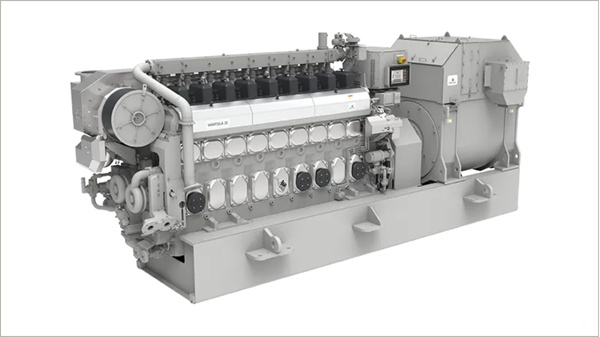
|
Wärtsilä to supply biodiesel-capable engines for AMAGGI's two new Amazon pusher tugs
Brazilian operator orders fuel-flexible engines for vessels designed to push 20 barges on inland waterways. |
|
|
|
||
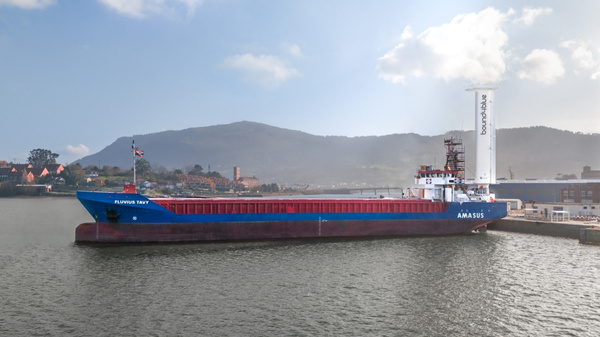
|
Amasus installs second bound4blue wind sail on general cargo vessel
Dutch shipowner installs what is said to be the largest suction sail ever fitted to a general cargo vessel. |
|
|
|
||
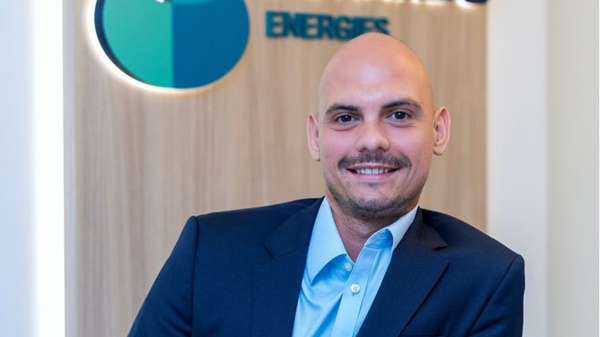
|
Burando Energies appoints Vasileios Analytis as commercial director in Dubai
Marine fuel trader promoted following expanded trading activity and commercial development. |
|
|
|
||
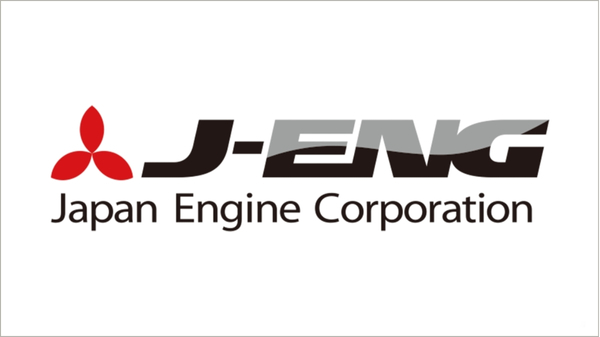
|
J-ENG starts development of methanol-fuelled marine engine
Japanese engine maker targets 2027 completion for UEC50LSJM model following ammonia and hydrogen engine projects. |
|
|
|
||
| EnScrub technology firm wins grant [News & Insights] |
| Yara Marine scrubbers for four feeder ships [News & Insights] |
| Finnlines profit up on cheaper HFO with scrubbers, lower fuel consumption [News & Insights] |
| Wartsila scrubbers the first to be flag-approved in Asia [News & Insights] |